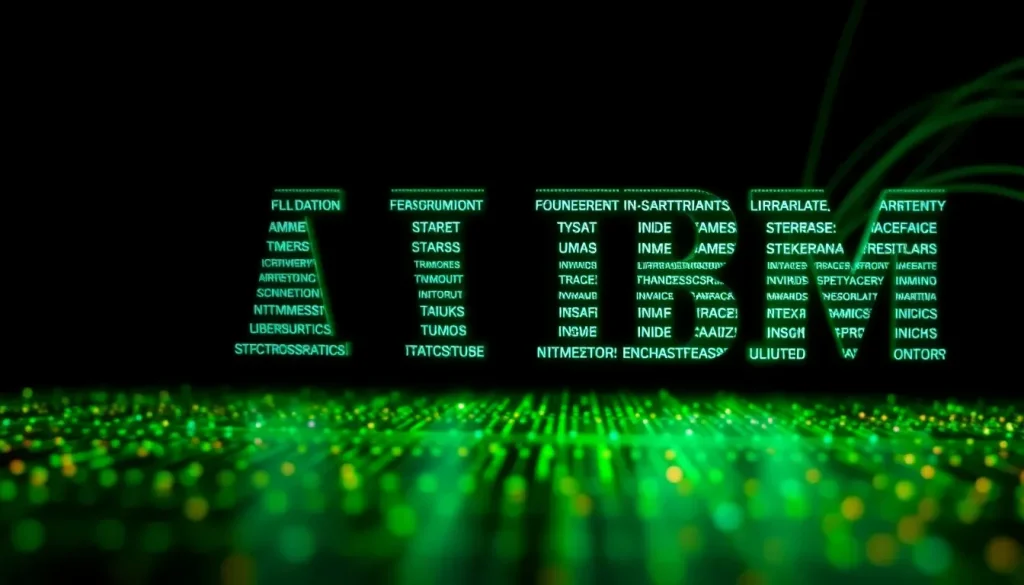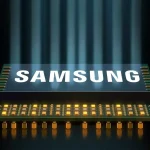AMD Outperforms NVIDIA in Quantum Computing with IBM's Algorithm

In the fast-evolving landscape of quantum computing, recent developments have spotlighted AMD's notable advancements. As the race for supremacy in quantum technologies intensifies, AMD has achieved a significant milestone by successfully implementing crucial error correction algorithms on its standard chips. This breakthrough not only enhances the capabilities of quantum computing but also sets the stage for further innovations in the field.
AMD's FPGAs demonstrate impressive performance in quantum error correction
The realm of quantum computing is marked by its complexity and potential, and IBM has long been at the forefront of this technological revolution. Recently, the company announced a remarkable achievement: AMD's field-programmable gate arrays (FPGAs) have successfully executed a key quantum error correction (QEC) algorithm, outperforming expectations by achieving speeds up to ten times faster than initially projected. This accomplishment was highlighted in a report by Reuters.
Jay Gambetta, director of IBM Research, noted that this breakthrough illustrates that IBM’s algorithm not only functions in practical scenarios but can also operate effectively on readily available and affordable AMD hardware.
For those unfamiliar with quantum error correction, it plays a critical role in quantum computing. Unlike classical bits, qubits, the fundamental units of quantum information, are exceptionally delicate. They are susceptible to various environmental disturbances, which can lead to computational errors. Quantum error correction algorithms are designed to detect and rectify these errors without collapsing the qubit's state, preserving the integrity of quantum computations.
AMD’s FPGAs are ideal for executing QEC algorithms due to their reconfigurable nature, which allows them to handle customized tasks with remarkable efficiency. This is particularly advantageous in error correction, which requires low latency and a strong feedback loop to maintain operational fidelity. Moreover, AMD's achievement signifies a shift towards using off-the-shelf hardware for quantum applications, reducing the dependency on bespoke silicon solutions.
- Qubits are highly sensitive and influenced by environmental factors.
- Quantum error correction algorithms help identify and correct computational errors.
- AMD's FPGAs provide a flexible and efficient platform for implementing these algorithms.
- Utilizing standard hardware may lower costs and expedite quantum computing advancements.
AMD versus NVIDIA: A new chapter in quantum computing strategy
NVIDIA's approach to quantum computing differs significantly from AMD's. Rather than relying on specialized chips like FPGAs, NVIDIA has developed a comprehensive technology stack, which includes its DGX Quantum and CUDA-Q software. While NVIDIA's systems also support quantum error correction algorithms effectively, they may not yet achieve the same level of accessibility and cost-effectiveness that AMD's solutions offer.
The contrast in strategies raises important questions about the future of quantum computing hardware. AMD’s recent success demonstrates that it is possible to run critical quantum algorithms using standard components, a feat that NVIDIA has yet to replicate. This advantage may position AMD favorably in the ongoing competition for dominance in quantum technologies.
The implications of quantum computing advancements
Quantum computing is emerging as a groundbreaking field amid rising interest in artificial intelligence (AI) and other advanced technologies. As companies like AMD and NVIDIA push forward, the implications of these advancements are vast:
- **Increased computational capabilities:** Quantum computing promises to solve complex problems that are currently infeasible for classical computers.
- **Enhanced AI performance:** The integration of quantum computing with AI could lead to faster data processing and improved decision-making algorithms.
- **Cost reductions and accessibility:** As AMD demonstrates, leveraging standard hardware can significantly lower barriers to entry for quantum computing.
- **Broader applications:** From cryptography to drug discovery, the potential applications of quantum technology are immense.
To delve deeper into the intersection of AMD and quantum technologies, consider watching this informative video:
Looking ahead: The future landscape of quantum computing
The future of quantum computing is poised for transformative developments. As research and investment in this sector continue to grow, several trends are beginning to emerge:
- **Hybrid computing models:** Combining classical and quantum computing resources will likely become standard practice.
- **Open-source collaboration:** More companies may opt for open-source approaches to foster innovation and share breakthroughs.
- **Interdisciplinary partnerships:** Collaborations across various sectors, including academia, industry, and government, will accelerate quantum research.
- **Commercialization efforts:** As technology matures, expect to see more commercial applications of quantum computing entering the market.
AMD's recent achievements in quantum computing underscore the dynamic nature of this field. As advancements in error correction algorithms and hardware continue, we can anticipate exciting developments that will shape the future of computing as we know it. The race between AMD, NVIDIA, and other tech giants will undoubtedly lead to innovations that could redefine industries and enhance our daily lives.




Leave a Reply